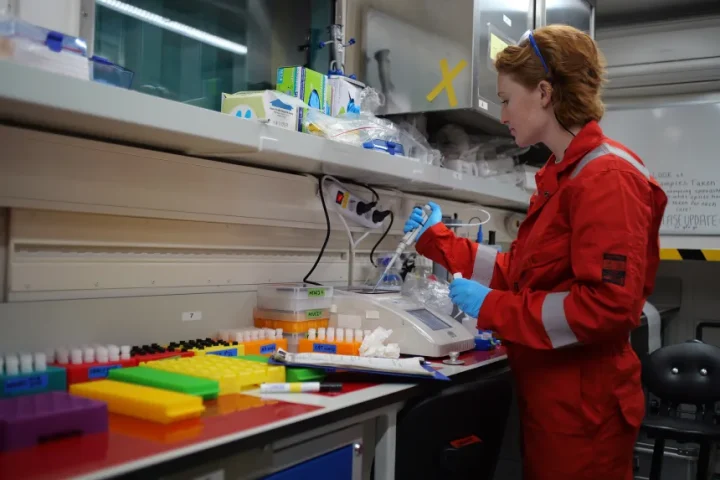The Environmental Protection Agency (EPA) is currently conducting public hearings to reverse the legal basis for regulating greenhouse gas emissions, a significant policy shift announced by the Trump administration in late July. This move includes rescinding the “endangerment finding” issued by the EPA in 2009 under President Obama, which acknowledged the threat posed by greenhouse gases to public health and welfare. The EPA is also looking to eliminate restrictions on vehicle emissions of greenhouse gases. The endangerment finding was a critical scientific affirmation that paved the way for regulations on greenhouse gas emissions, particularly from new motor vehicles. The Clean Air Act mandates the EPA to regulate emissions that could endanger public health or welfare. The proposal to rescind the endangerment finding and related vehicle emissions standards is primarily based on legal arguments, despite challenges to the scientific foundation of the finding. Public comments on the EPA’s proposal are being sought until September 22, with ongoing hearings since August 19. Legal experts anticipate potential litigation following the final rule issuance, with a prolonged court battle expected. The practical implications of this decision extend beyond vehicle emissions, affecting the EPA’s broader authority to regulate greenhouse gases. While the proposed rule focuses on vehicle emissions, the broader impact could undermine the EPA’s ability to regulate greenhouse gas emissions from other sources. Past attempts to regulate emissions from power plants and oil facilities are also at risk of being rolled back. The current administration’s stance on greenhouse gas regulations could have long-term implications for future administrations and the regulatory landscape. The EPA’s legal argument for rescinding the endangerment finding is based on interpretations of the Clean Air Act and recent legal developments. The agency contends that greenhouse gases do not fall under the Act’s purview and questions the cost-effectiveness of previous regulations. However, legal experts point out discrepancies in the EPA’s interpretation and argue that the agency is overreaching its authority. Despite scientific evidence supporting the endangerment finding, the EPA is using reports to downplay the negative impacts of greenhouse gas emissions. Climate scientists emphasize the growing evidence of climate change’s detrimental effects on public health and the environment. The administration’s efforts to curtail regulations on greenhouse gas emissions face scrutiny from both legal and scientific communities, with potential implications for future climate policies. In conclusion, the Trump administration’s move to reverse greenhouse gas regulations raises significant legal and scientific concerns, with implications for environmental policy and public health. The ongoing debate over the EPA’s authority to regulate greenhouse gases underscores the complex interplay between legal interpretations, scientific evidence, and policy decisions.

Q&A on Trump Administration’s Attempt to Roll Back Greenhouse Gas Regulations
Tags
Related post
Recent Posts
- During Trump’s UK Trip, Starmer Calls Him “Best Friend”
- Fearing Conflict With Russia, Poland Launches Nationwide Shelter Inspections
- Russia seeks ways to Curb Inflation Before 2026 Budget Submission
- Protests Leave 900 Tourists Trapped Near South America’s Peru Lost City
- Jimmy Kimmel’s controversial appearance on Charlie Kirk cost him his career – video
Recent Comments
No comments to show.















